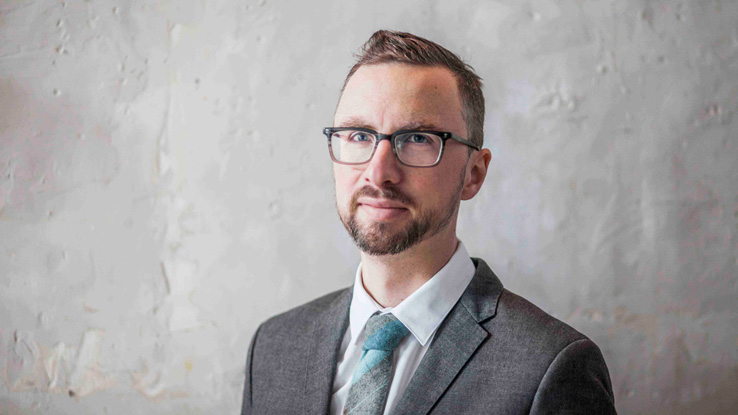From 1News New Zealand
The Foundation says providing a safe, medically-supervised space for people to use drugs will reduce harm and save lives.
Its executive director, Sarah Helm, called on the Government to support a three-year pilot of the service in Auckland’s city centre.
The call for this centre comes as experts fear New Zealand is unprepared for the arrival of fentanyl in the community. In July, 12 people were hospitalised in the Wairarapa for fentanyl overdoses. Those who overdosed believed they were taking cocaine or meth.
During a launch event at Auckland City Mission, Helm said: “At the moment we are turning a blind eye to overdoses and drug harm occurring among our most vulnerable in Auckland, especially those experiencing homelessness.
“That is causing untold harm for them, it is distressing for bystanders and inner-city businesses, and it takes up a lot of police and ambulance resources.
“An overdose prevention centre would offer a more compassionate, health-based approach that is also better for the wider community.”
What is an overdose prevention centre?
If the centre is approved by the Government, it would be the first in Aotearoa.
However, more than 130 sites are operating in at least 14 other countries around the world.
Auckland’s proposed centre would be available to anyone but would focus on people experiencing homelessness and using drugs that can cause people to overdose.
The centre would be staffed by people like registered nurses, peer support workers and security staff.
It would have a medically supervised consumption space and also offer basic medical services, resuscitation, naloxone, and drug checking, as well as showering and laundry facilities, hygiene and sanitary products, and hot drinks.
The NZ Drug Foundation says overseas evidence shows overdose prevention centres do not increase drug use.
For example Uniting Medically Supervised Injecting Centre in Sydney has supervised more than 1.2 million injections without a single fatality since opening in 2001.
New York City’s new overdose prevention centres, which opened in late 2021, prevented at least 59 overdoses in their first three weeks of operation.
Bracing for the arrival of fentanyl
Helm said synthetic cannabinoids, which caused at least 51 deaths between 2016 and 2020, are among the drugs favoured by the drug-using community in Auckland’s city centre, but added that the drug market changes rapidly.
“If fentanyl arrives on our shores, international evidence says this community is likely to be impacted the most heavily. At the moment we have very few overdose prevention measures in place,” she said.
New figures have also found one-third of all drugs tested in New Zealand between January and July were either mixed with other substances or were something completely different.
Helm said New Zealand needs to prepare for a fentanyl outbreak now, saying it will be too late to wait until it happens.
“We can do better, we must do better. New Zealand is so behind on overdose measures. [An overdose prevention centre] is not a new idea, it’s just new to Aotearoa.”
Speaking at today’s launch event, Director of the Centre on Drug Policy Evaluation in Toronto, Dr Dan Werb, said Canada’s fentanyl overdose situation was dire.
“New Zealand is in an exceptionally lucky situation to put overdose prevention measures in place in a proactive and not a reactive way. The proposal to put forward an overdose prevention site is an exceptionally forward-thinking move,” he said.

